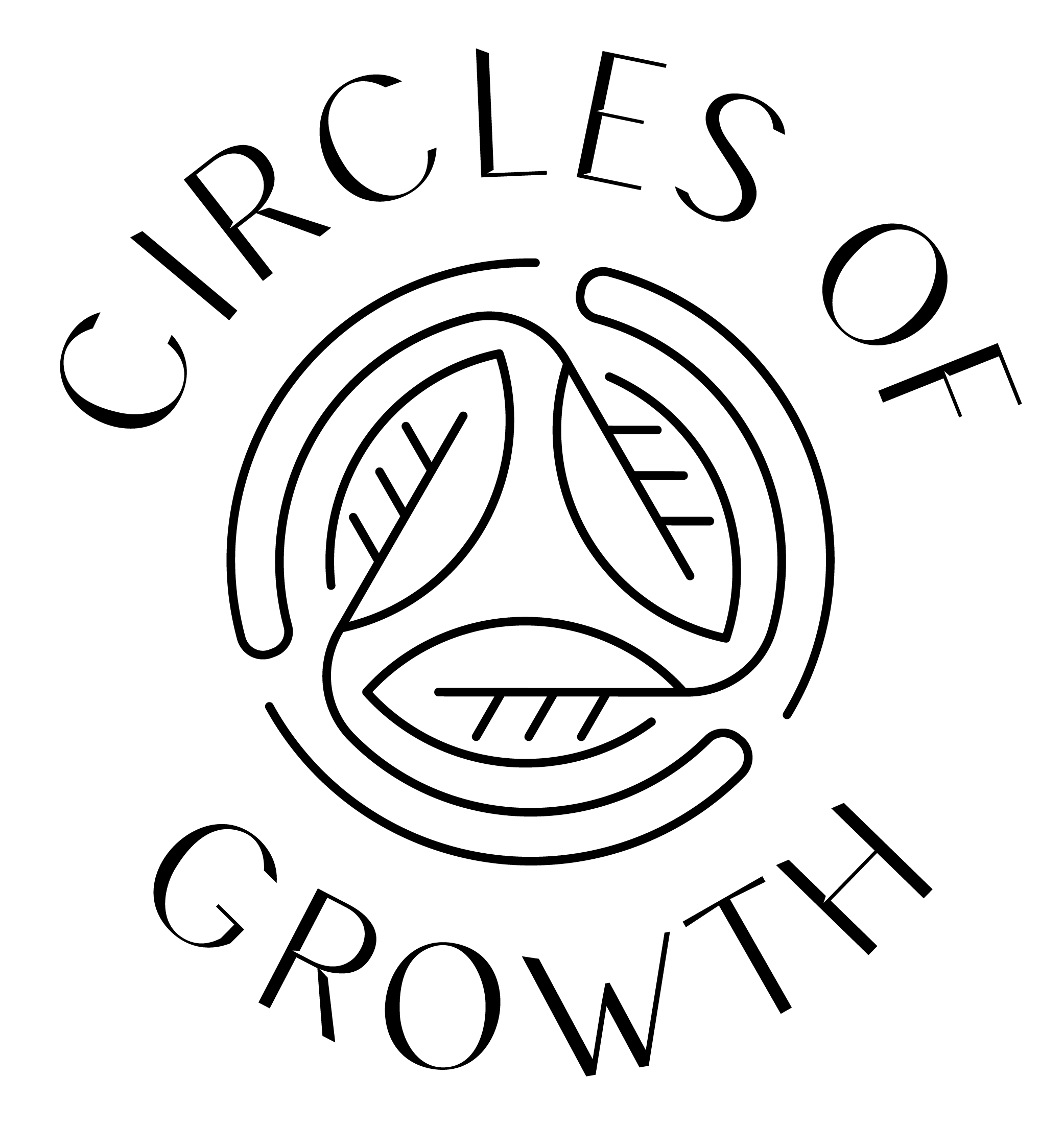Post-Traumatic Stress Disorder (PTSD).
PTSD is a mental health condition that can develop after a traumatic event, something that threatens your physical or emotional safety. This could be a war zone, a car crash, a complicated pregnancy, a fire, or any situation that provokes deep fear.
Common symptoms include?
- Flashbacks (invasive, vivid memories)
- Hypervigilance
- Feelings of helplessness, anxiety, or fear
- Avoidance of reminders
- Heightened arousal (e.g., trouble sleeping)
When it comes to postpartum PTSD (PPTSD), symptoms may look like…
- Intense anxiety about your baby (fears of illness, of death, of letting someone else watch over the baby)
- Constant alertness, even when you’re exhausted
- Nightmares
- Crying for no clear reason
- Feeling triggered by the baby’s first birthday – instead of joy, it brings a flood of distressing memories
- Avoidance of social or family events, public transport, or even future pregnancies
- Unexpected triggers – a beeping monitor, someone’s story that mirrors yours, or photos from the birth
*Triggers often work through the senses. A certain smell, sound, image, touch, or even taste can pull you right back into the experience.
So if I relate to some of this, does that mean I have PTSD?
Not necessarily. Like most things in mental health, it depends on the intensity and how it affects your life.
If the feelings come and go without disrupting your day-to-day routine, they may fade over time. But if they begin interfering with your relationships or your ability to function – whether with your child, partner, or yourself – it’s time to consider support. Therapy can make a real difference.


In the meantime, here are a few things that may help:
- Talking with a friend who has been through something similar
- Joining individual or group therapy that focuses on birth – related trauma
- Processing your birth story with a certified therapist
- Daily meditation
- And above all: don’t go through this alone.
Some facts:
In the United States, around 9 percent of women who give birth experience postpartum PTSD.
Of these, about 40 percent are mothers of premature babies.
You are welcome to leave questions in the comments.
Wishing us all healing,
Karin




